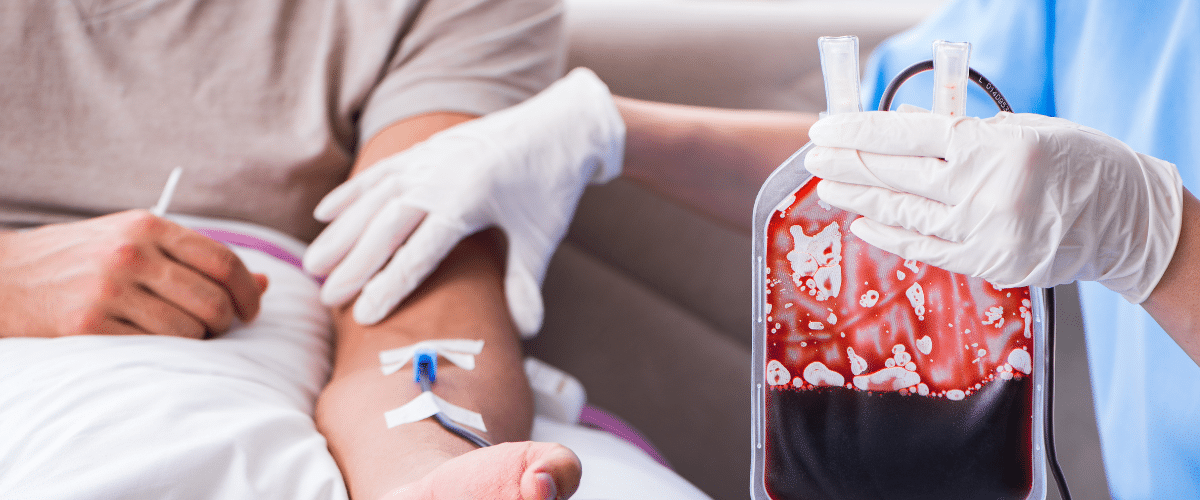Aplastic Anemia Treatment
Aplastic anemia is a severe yet rare blood disorder in which the bone marrow does not produce adequate blood cells, resulting in symptoms of fatigue, infections, and uncontrolled bleeding. The treatment varies by severity, age, and overall health of the patient. This article discusses aplastic anemia treatment, such as procedures, efficacy, risks, recovery, cost, and patient experience in India, China, and the USA.
What is the treatment/procedure?
Aplastic anemia treatment aims to restore bone marrow function and manage symptoms. The primary options include:
- Immunosuppressive Therapy (IST): Uses drugs like antithymocyte globulin (ATG) and cyclosporine to suppress the immune system attacking the bone marrow.
- Bone Marrow Transplant (BMT): Also called hematopoietic stem cell transplant (HSCT), replaces damaged marrow with healthy donor stem cells.
- Blood Transfusions: Temporary relief for low blood cell counts.
- Stimulating Agents: Medications like eltrombopag boost blood cell production.
Indications
Treatment choice depends on:
- Severity: Mild cases may need only monitoring, while severe cases require BMT or IST.
- Age: Younger patients (<40) often qualify for BMT, while older patients receive IST.
- Donor Availability: A matched sibling donor is ideal for BMT.
Procedure Details
1. Immunosuppressive Therapy (IST)
- Step 1: Hospitalization for ATG administration via IV over 4-5 days.
- Step 2: Oral cyclosporine continues for several months.
- Step 3: Regular blood tests monitor response.
2. Bone Marrow Transplant (BMT)
- Step 1: High-dose chemotherapy/radiation to destroy defective marrow.
- Step 2: Infusion of donor stem cells.
- Step 3: Recovery in isolation to prevent infections.
Effectiveness
- BMT: Cure rates reach 70-90% with a matched sibling donor.
- IST: Effective in 60-70% of cases but may relapse.
- Eltrombopag: Improves blood counts in 40-50% of refractory cases.
Risks and Side Effects
- BMT Risks: Graft-versus-host disease (GVHD), infections, organ damage.
- IST Side Effects: Allergic reactions, kidney toxicity, increased infection risk.
- Transfusion Risks: Iron overload, antibody development.
Recovery and Aftercare
- Post-BMT: 3-6 months of close monitoring; lifelong immunosuppressants may be needed.
- Post-IST: Regular blood tests; relapse possible.
- Lifestyle Adjustments: Avoid infections, maintain hygiene, and follow dietary guidelines.
Cost and Availability
Treatment costs vary globally:
| Country | Immunosuppressive Therapy (IST) | Bone Marrow Transplant (BMT) |
|---|---|---|
| USA | 50,000−100,000 | 300,000−800,000 |
| India | 10,000−20,000 | 25,000−50,000 |
| China | 15,000−30,000 | 50,000−100,000 |
| Thailand | 20,000−40,000 | 70,000−150,000 |
| Turkey | 25,000−50,000 | 60,000−120,000 |
| Israel | 40,000−80,000 | 200,000−400,000 |
| Malaysia | 18,000−35,000 | 50,000−100,000 |
| Korea | 30,000−60,000 | 100,000−200,000 |
Treatment in India and China
- India: Top centers like AIIMS and Tata Memorial offer affordable BMT (25,000−50,000).
- China: Peking University People’s Hospital provides advanced IST and BMT at competitive prices.
Patient Experiences
- Success Stories: Many achieve remission with BMT or IST.
- Challenges: High costs, donor shortages, and long recovery periods.
FAQ
1. Can aplastic anemia be cured?
Yes, BMT offers a potential cure, while IST manages symptoms.
2. What is the survival rate?
- BMT: 70-90% with a matched donor.
- IST: 60-70% respond initially.
3. Is treatment painful?
BMT involves chemotherapy side effects, while IST has infusion-related reactions.
4. How long is recovery?
BMT recovery takes 6-12 months; IST requires ongoing monitoring.
Aplastic anemia treatment has advanced significantly, with options like BMT and IST offering hope. Costs vary widely, with India and China providing affordable care. Early diagnosis and expert care improve outcomes.
